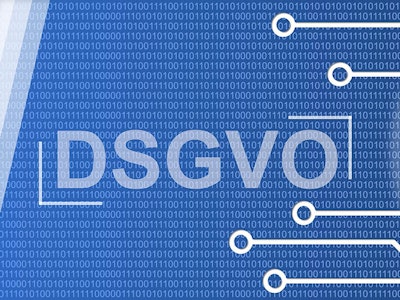This study confirms my feeling: Blockchain projects are (currently) still a gimmick. Only 8 % of GitHub projects on the topic are actively maintained, the average lifespan is 1.22 years. We can speculate about the reasons: Is blockchain misunderstood, is it incorrectly used or is it just a playful way to gain experience? All the above probably is a bit correct.
Based on my experience as a speaker and on numerous discussions with customers, I can say that no one is far advanced in the matter. However, we also found out that many blockchain enquiries show that the use of a blockchain is not justified at all. This blog post should therefore show in which cases the use of a blockchain makes sense, and in which it does not.
When does a blockchain make sense?
In order to answer this question, it must be clarified in advance what a blockchain is and what it can do: The blockchain is a manipulation-proof, transparent and distributed «book». Due to its decentralization there are many copies of this book. Only the version is valid on which the majority of nodes in a network agree on. The book contains not only one piece of information, but also all previous versions (history). The big advantage of the blockchain is that the data is not stored centrally but decentrally and cannot be falsified due to its history. This solves the problem of trust. Now you don't have to trust a certain authority (e.g. the National Bank), you can trust a majority. Because all participants in a blockchain depend on its system, one can assume that they (or the majority) do not want to undermine the system. In a figurative sense one could say: I am not setting fire to the bank in which my safe is located.
Relevant Issues
If one considers the circumstances and the resulting advantages, one can deduce the following questions and conditions:
- Do data change frequently and is their history important? If information does not change constantly, you can save it on paper or another durable medium.
- Is there a reason why data management cannot be transferred to a central institution? One possible reason against a central institution is a lack of trust in it. Or the fact that a central institution may not know the information.
- Is decentralized data storage more important than high performance and millisecond transactions? Due to the decentralized architecture, storing information is less efficient because you have to do this on numerous computers. Transactions within milliseconds are therefore not (yet) possible.
- Is a distributed database really not enough? Existing technologies have been successfully in use for decades. Blockchain is new and not yet verified.
The use of a blockchain only makes sense if you can answer all these questions with a «yes». Are you nevertheless not sure whether the use of Blockchain is worthwhile for your individual inquiry? I will be happy to give you a personal consultation at +41 44 500 83 50 or [email protected].
Additional note from August 2nd 2018: This article illuminates the topic from the point of view that assesses the effective technical benefit of a blockchain. The aim is to evaluate whether the advantages of a decentralized architecture outweigh its disadvantages. The article completely disregards the fact that the use of a blockchain can not be efficient, but indeed beneficial from a marketing point of view. Cases such as the «Blockchain-Ice Tea» (see here) show that the label 'Blockchain' can definitely show an advertising effect on startup ratings or investors.






